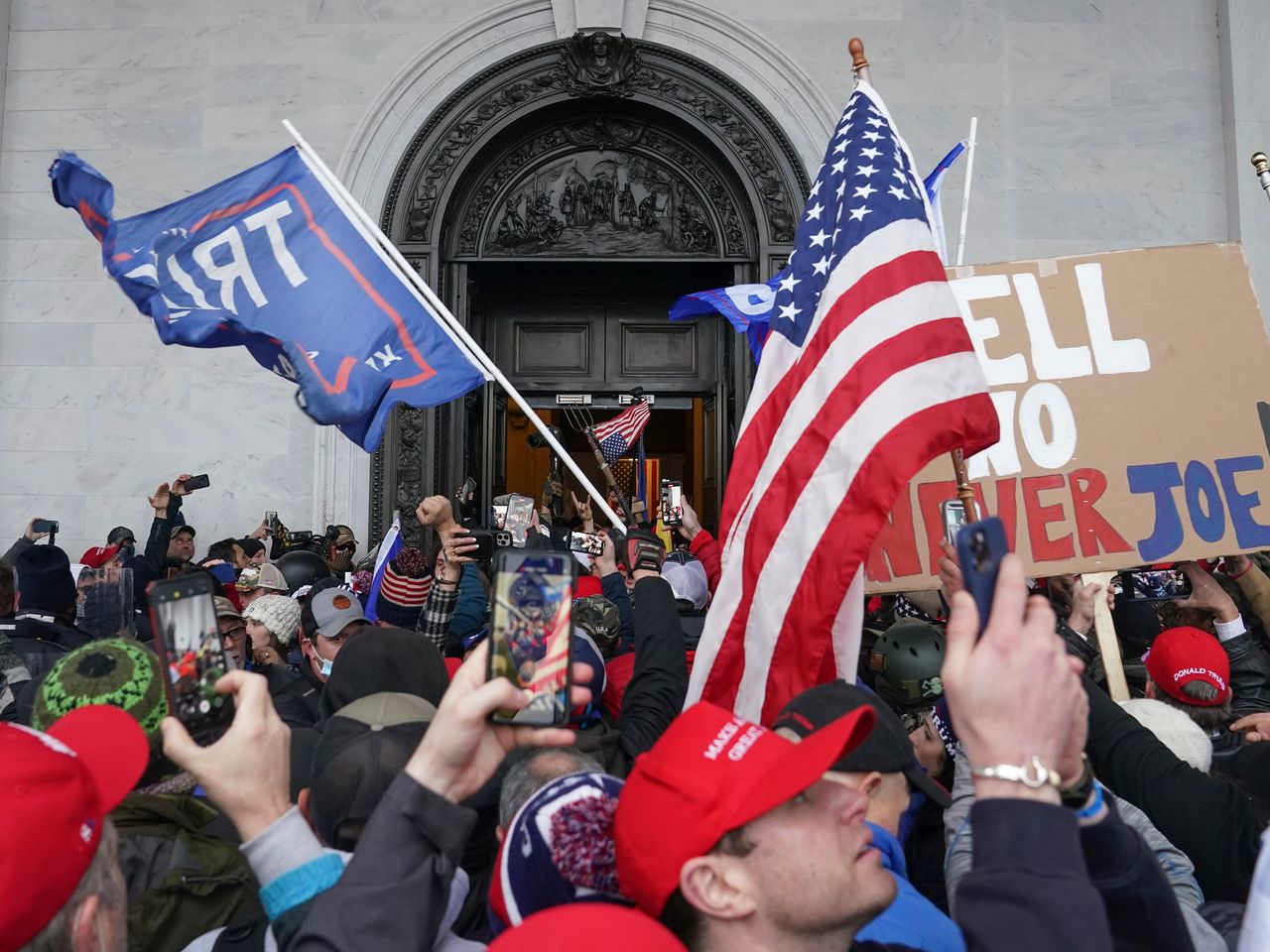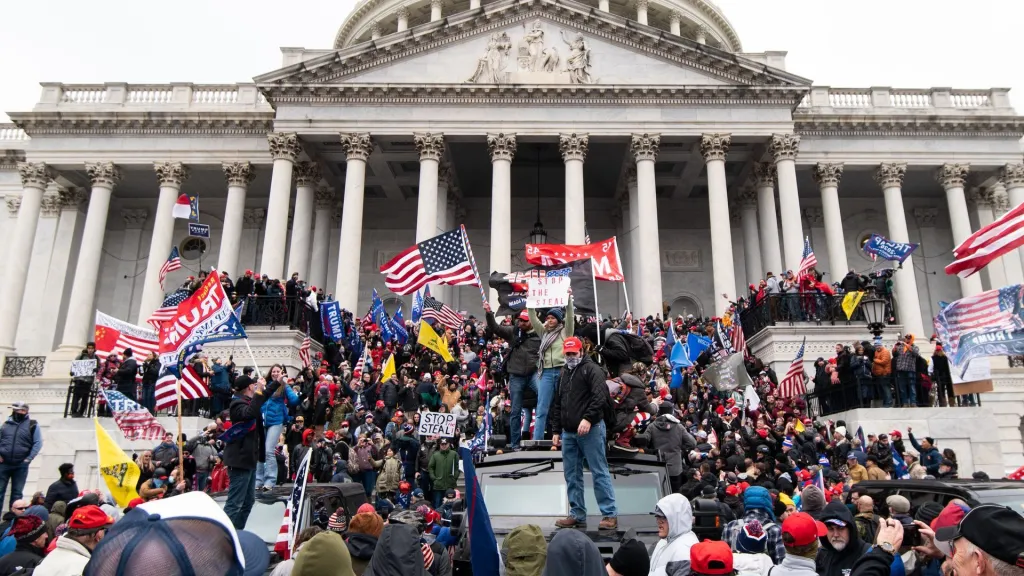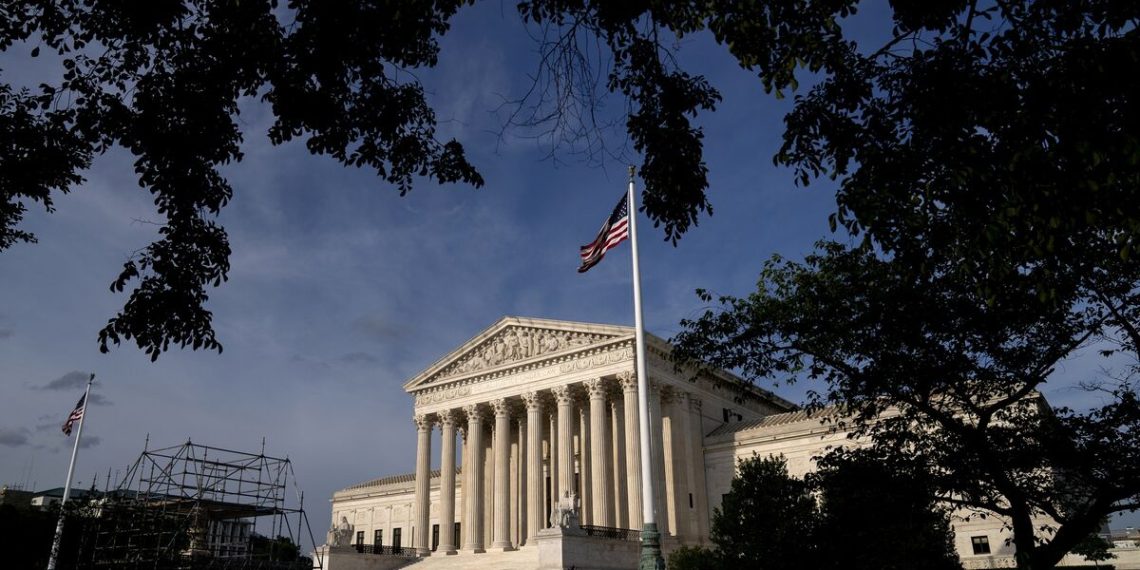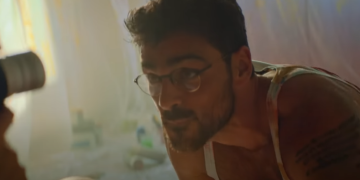The U.S. Supreme Court is evaluating the obstruction charge brought by the Justice Department against Joseph Fischer, a Pennsylvania man involved in the 2021 Capitol attack.
The case carries implications for the prosecution of Donald Trump over his alleged role in attempting to overturn the 2020 election results.
During arguments, conservative justices expressed skepticism about the application of the Sarbanes-Oxley Act provision, questioning its broad interpretation.

They raised concerns about potential encroachments on non-violent protests and suggested narrower readings of the law.
Fischer, a former police officer, is accused of charging Capitol police and entering the building during the attack.
Prosecutors argue that his actions obstructed the congressional certification of Joe Biden‘s victory, impeding law enforcement efforts to regain control of the Capitol.
The debate revolves around whether Fischer’s conduct falls under the Sarbanes-Oxley Act, designed to address evidence tampering in the wake of the Enron scandal.
Fischer’s lawyer argues that the law should only apply to those altering or destroying evidence rather than actions like attempting to disrupt a vote count.

Liberal justices challenged this interpretation, suggesting that lawmakers intended for the statute to have a broader scope. They pointed to Fischer’s alleged intent to intimidate Congress, citing messages he sent prior to the attack.
The Supreme Court’s decision could impact not only Fischer’s case but also the prosecution of other Capitol riot defendants.
A ruling favoring Fischer might prompt re-sentencing or new trials for individuals charged with obstruction. The outcome of the case, expected by June, will shed light on the court’s stance on the application of obstruction laws in cases related to the Capitol attack.





